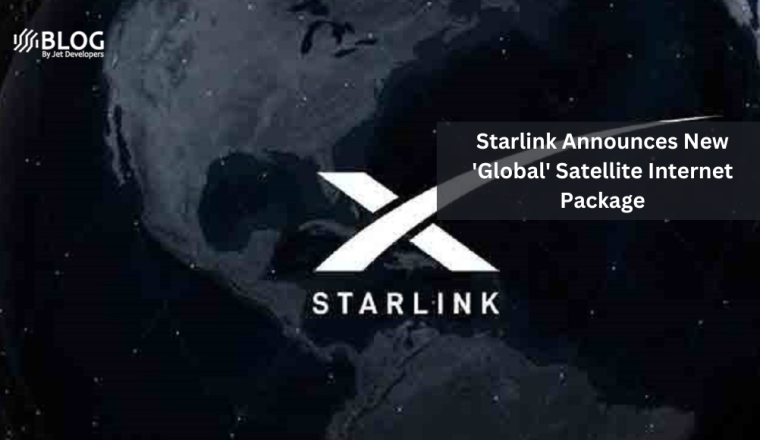Rise Of Skynet? AI Takes Control Of A Chinese Satellite For 24 Hours
According to Chinese state media, the South China Morning Post (SCMP), Chinese researchers have announced that they have allowed artificial intelligence (AI) to gain control of a satellite in near-Earth orbit. This was done to test how an AI would behave while operating an object in space. According to the accounts of the “landmark experiment,” a ground-based AI controlled the tiny Earth observation satellite Qimingxing 1 for 24 hours, without any interference from humans.
According to the SCMP, the experiment’s results have been published in the Geomatics and Information Science journal of Wuhan University.
Allegedly, the AI selected a few locations on Earth and instructed the Qimingxing 1 to take a closer look.
No information was provided about why the technology may have chosen these places. One of the areas reportedly targeted was Patna, an old city in northeastern India near the Ganges River and home to the Bihar Regiment, a branch of the Indian Army that, in 2020, engaged the military of China in a terrible conflict in the Galwan Valley along the disputed border.
The AI also prioritized Osaka, one of the busiest ports in Japan that occasionally accommodates US Navy ships operating in the Pacific.
Before now, most satellites required specific directives or tasks to operate. Unexpected occurrences, like a war or an earthquake, may trigger an assignment, or a satellite may be scheduled to undertake ongoing observations of certain targets.
The team claims that while artificial intelligence technology is increasingly being used in space missions, such as for image recognition, mapping out flight paths, and collision avoidance, it has not been given control of a satellite, resulting in a waste of time and resources.
SCMP states that China has more than 260 remote-sensing satellites in orbit, but they frequently operate “idly” in space, gathering low-value, time-sensitive data without any particular objective. The satellites have a short lifespan and are expensive. According to the researchers, it is crucial to make the most of their usefulness with new orbital applications.
The team proposed that if it discovered anomalous objects or activities, an AI-controlled satellite might warn certain users, such as the military, the national security administration, and other pertinent institutions.
However, for AI to be effective, it must have a thorough awareness of the globe; as a result, it must learn not just how to recognize man-made and natural objects, but also how to understand the intricate and constantly-changing connections between them and the many human communities.
“The AI’s decision-making process was extremely complex. The machine needs to consider many factors – such as real-time cloud conditions, camera angles, target value and the limits of a satellite’s mobility – when planning a day’s work,” explains the SCMP.





